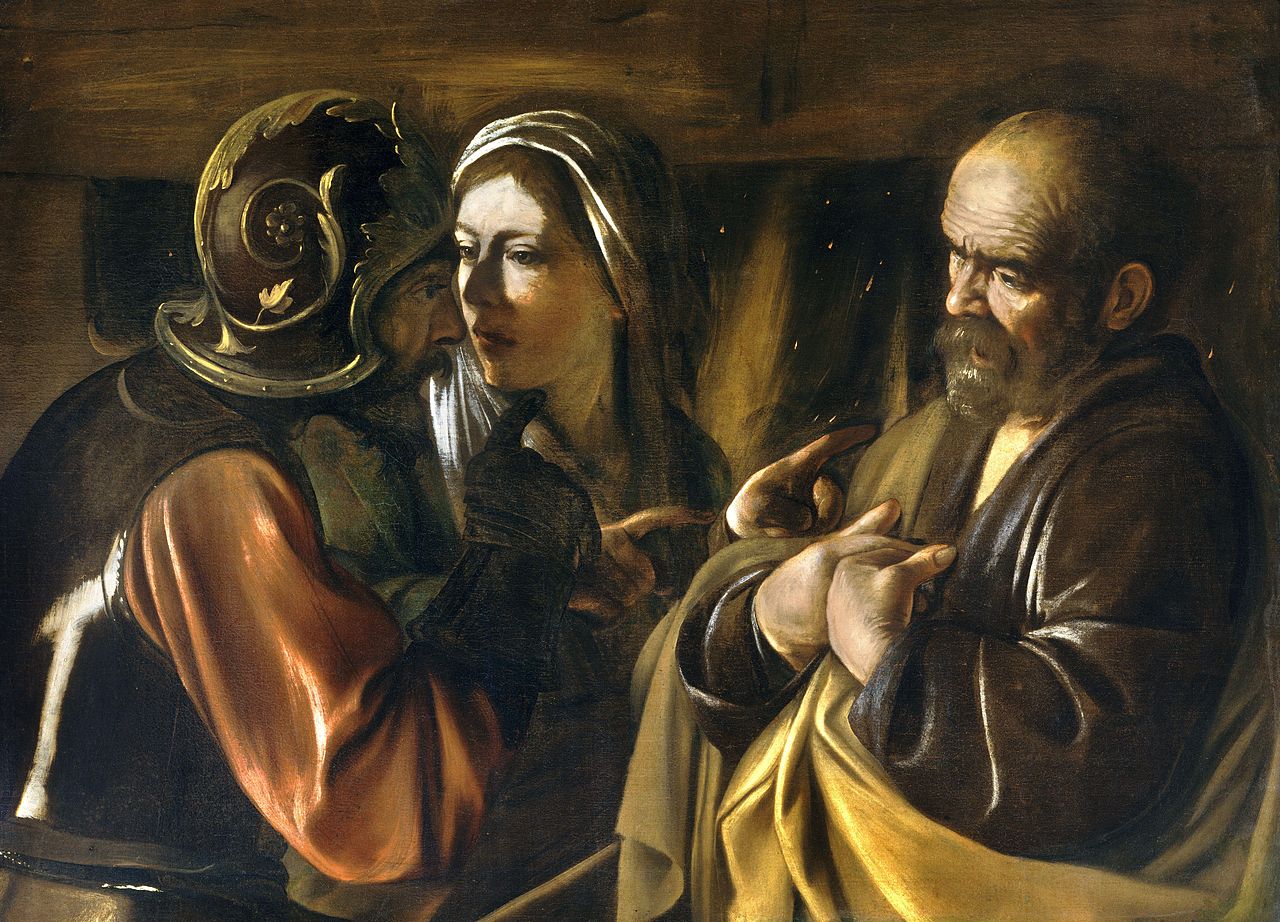I am not one who feels that a statement of what Christians can agree upon is necessary. When Constantine became emperor of Rome, there were multiple Christianities. He had a goal to unite them. In 325 CE, he requested an ecumenical council out of which came the Nicene Creed as a profession of faith to unite all Christians into one church. It is called Nicene because it was originally adopted in the city of Nicaea (today within Turkey). This creed states:
We believe
- In one God, the Father Almighty, Maker of all things visible and invisible.
- And in one Lord, Jesus Christ, the Son of God, begotten of the Father, Light of Light, very God of very God, begotten, not made, being of one substance with the Father; By whom all things were made. Who for us men, and for our salvation, came down and was incarnate and was made man; He suffered, and the third day he rose again, ascended into heaven; From thence he shall come to judge the quick and the dead.
- And in the Holy Ghost.
Early Christianity, before Constantine, never claimed Christian teachings were unique or new. What came down through the Ancient Mysteries was present in various forms in the world. What early Christianity claimed is that into a dying world something new, something that gave new life, had happened. All the ancient mystery knowledge looked back to times when humans had direct contact with spiritual beings and looked ahead to a fulfillment of their expectation (Janus head). Early Christians claimed that Christ was that fulfillment. But more so, the deed done on Golgotha was unique. Christ repeated during his life what had been done before by earlier founders of a religion. Up to his Transfiguration one can find parallels elsewhere. The Transfiguration was the moment at the end of Buddha’s life. But Christ went on to go through death and resurrection, not for himself, but for
- humanity as the second Adam to create a new path, not back to God, but forward to become something new, the tenth hierarchy
- the gods who did not then know about death
- the earth to make it the seed of the future planetary/solar system.
The ‘new commandment’ might not sound so different from “love your neighbor as your-self” [Leviticus 19:18] but when one reads the new commandment one can see an evolution in “Love one another as I have loved you.” Note that there are three “levels” of love in Greek (some say four). Note that in chapter 21 of John’s gospel, after Peter had been confronted three times about his association with this “criminal” and, fearing for his life, he had denied the association each time as predicted, the Risen Christ, as lord of karma, thus asks him three times [in English] “Do you love me?” In the first two of these questions, Christ uses the Greek word “agape” and Peter, in his presence, responds “Yea, Lord, you know that I love [philos] you”. Christ does know that Peter is capable of, not agape, but of philos. He knows this when he says “upon this rock (Peter) I build my church.” With the English translation, we lose an incredible story here.
Millions of Christians were to die when they did not agree to the Nicene creed. Many of these knew the story of Peter and choose to die rather than to deny Him. The Cathars would not take oaths. Should statements of faith be allowed to evolve? Does Christianity evolve? Does Christ?
